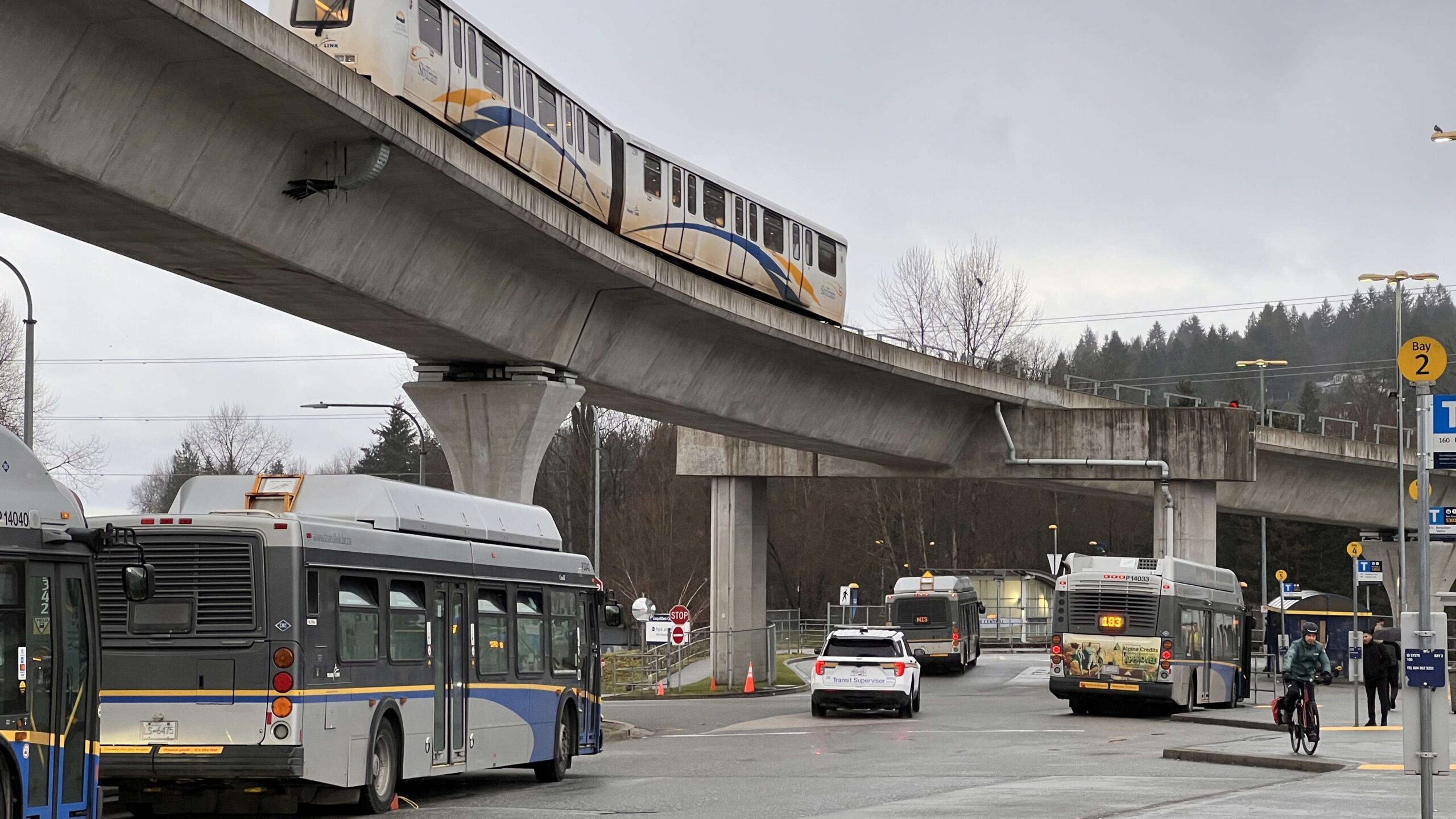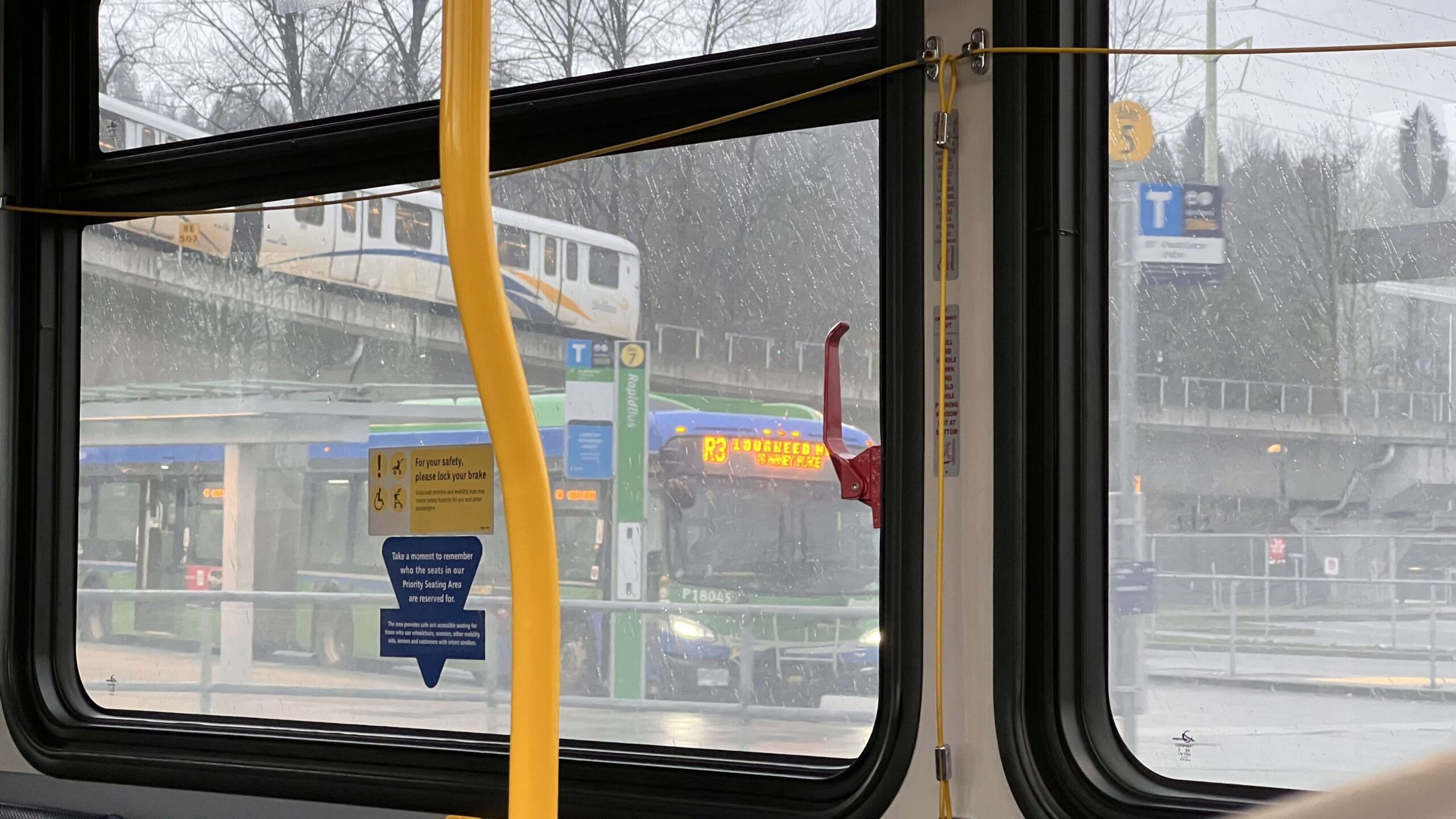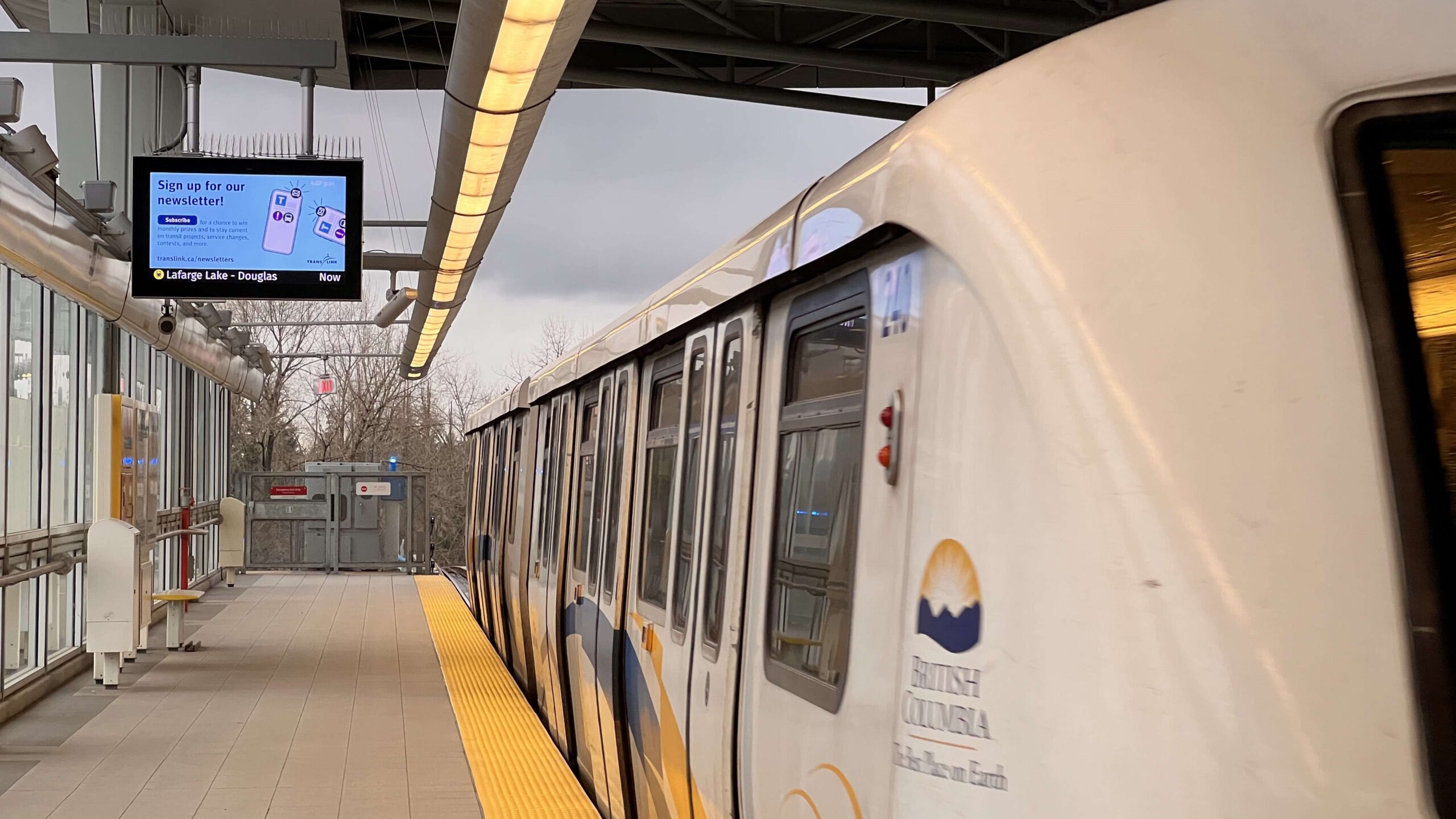The recent transit workers Canadian Union of Public Employees (CUPE) 4500 strike that ended with the ratification of a new contract on February 5th joins an emerging trend of labour actions which end following the threat of being designated an “essential service.”
In January, the B.C. transit supervisors’ union CUPE 4500 threatened to escalate their job action to shut down bus and SeaBus services across Metro Vancouver. In response, Translink and its subsidiaries – Coast Mountain Bus Company, West Coast Express, British Columbia Rapid Transit Company (BCRTC), and ProTrans – applied to be designated as essential services. Days later, the union ratified a deal proposed by veteran mediator Vince Ready, and Translink dropped the Labour Relations Board application.
Essential service designation would have barred the union employees from abandoning their posts and picketing during assigned shifts. In a phone interview, Labour Studies lecturer John-Henry Harter explained to North Star that companies are using the threat of “essential service” designation as a tactic to break negotiation deadlocks and end strikes. Commenting on the Translink case, he said: “let’s just say what it is man, that was not a serious request . . . there’s no legitimate reason I can think of to drop an application after 3 or 4 days.”
In the Summer of 2023, ILWU longshore workers striking at the Port of Vancouver accepted an offer from the employer shortly after federal Labour Minister Seamus O’Regan threatened the options of imposing a collective agreement or binding arbitration if the Canada Industrial Relations Board were to determine that “the union’s rejection of the tentative agreement has eliminated the possibility of a negotiated resolution”, eliminating the road to further negotiations.

In response to the Port strike, which impacted upwards of $500 million per day, the Canadian Federation of Independent Businesses urged the federal government to make ports an essential service ahead of future negotiations.
During the recent strike wave in Canada, threats of essential services designation are being repeatedly trotted out by employers, especially in the public sector, because the tactic provides a huge advantage to employers, especially on the public narrative front. Professor Harter explains, “As a bargaining tactic, [employers] do that. . . [It is] a tried and true tactic for all employers everywhere, when the workers are about to go on strike, is trying to put the blame for the strike on the workers. And I think filing for essential services, or even saying, like suggesting, you’re going to, gets the public more on the employer’s side than the workers…”
Notably, applications by employers to be deemed an essential service can be handed in three months before the expiration date of an agreement. However, the transit companies waited until the very last second. “If an employer in the middle of a strike is talking about making some or all of their employees essential workers and puts forward a request to the LRB, that’s a disingenuous tactic by the employer,” says Professor Harter, “I can’t think of a lot of [legitimate] scenarios where they drop it, like why, especially within a few days, that’s really strange.”
Professor Harter says there are indeed correct ways to use essential service designations, using the recent 124-day First Transit workers strike by CUPE Local 561 in Fraser Valley as an example. In that case, Translink’s door-to-door shared-ride service for people who are unable to use conventional public transit, HandyDART, was designated as an essential service and kept operational during the strike.

“During the Fraser Valley bus drivers strike, which stretched on and on, HandyDART [bus] services were still taking people who needed to go and get dialysis and things like that, there was a list of services that you required to take HandyDART that were considered essential, so that’s the proper use of essential services, where if HandyDART wasn’t running, people were risking their lives, it would endanger people’s lives to not have that HandyDART service.”
But ultimately, Professor Harter sees essential service designations as a shell game for employers: “Without workers the whole freaking thing shuts down, society does not work without, like it doesn’t operate, without the working class… [it’s] only when workers are saying ‘hey, we should get paid more’ [that employers] say ‘oh no, but you’re essential.’ It’s like, ‘yeah, so pay me more.'”

